![]()
![]()
![]()
Use LEFT and RIGHT arrow keys to navigate between flashcards;
Use UP and DOWN arrow keys to flip the card;
H to show hint;
A reads text to speech;
40 Cards in this Set
- Front
- Back
- 3rd side (hint)
|
Articles of Confederation
|
first failed government before the Constitution |
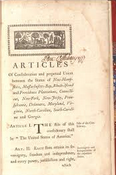
|
|
|
ratification |
To approve, sign, put into effect |

|
|
|
levy
|
Means to collect, ask for something. |
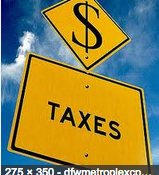
|
|
|
Founders (and Framers) |
Authors, writers, & creators |

|
|
|
Virginia Plan |
created 3 branches of government |

|
|
|
New Jersey Plan |
proposed a branch of congress with equal representation |
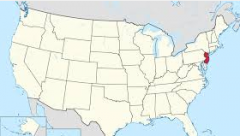
|
|
|
Great Compromise |
officially adopted two law making bodies, the Senate and House of Representatives |

|
|
|
Three-Fifths Compromise |
southern states could count 3/5ths of their slave population towards their overall population |
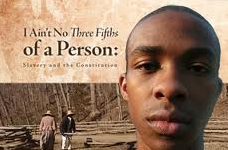
|
|
|
Executive Branch |
Enforce or creates laws |
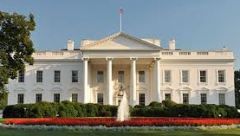
|
|
|
Judicial Branch |
interprets the law or makes rulings based upon previous decisions or statue |

|
|
|
Legislative Branch |
Law making body, they create laws |
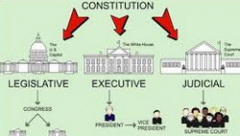
|
|
|
Checks & Balances |
provides each branch with the power to monitor and watch over another branch |
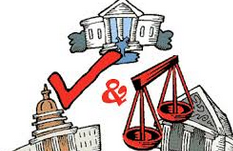
|
|
|
Antifederalists |
citizens who wanted a bill of Right included i n the Constitution and states to maintain some of their powers |
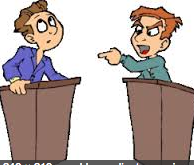
|
|
|
Federalists |
wanted a strong central government where the powers are shared between the state and national government |
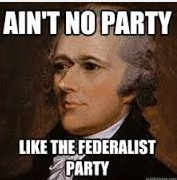
|
|
|
Federalism |
principle found in constitution that creates the idea of shared powers between states and federal government |
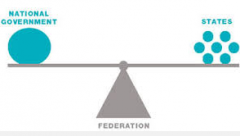
|
|
|
majority rule |
in voting situations, larger vote prevails |

|
|
|
amendment |
change to the constitution |
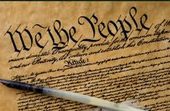
|
|
|
Bill of Rights |
first ten amendments to the Constitution, deal mainly with individual rights and liberties |
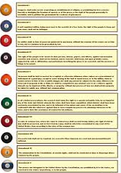
|
|
|
House of Representatives |
law making body of Congress that contains 435 (+3 for District of columbia) members. Each state has an assigned amount of members based on their population |
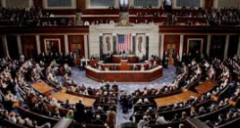
|
|
|
Senate |
law making body of Congress that contains 100 members. Equal numbers of members for each state. |
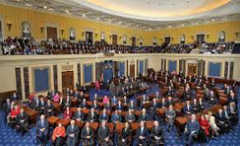
|
|
|
Congress |
law making body made up of the house of representatives and senate |
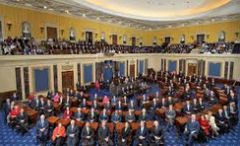
|
|
|
Popular Sovereignty |
principle of the constitution that the "people" of U.S hold the power or rule |
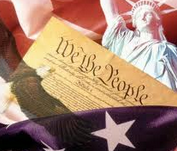
|
|
|
Republicanism |
people exercise their power through voting or electing their representatives |
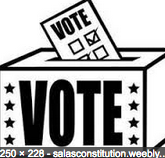
|
|
|
separation of powers |
the federal government powers are divided among the 3 branches of government |

|
|
|
limited government |
Each member of government must follow the "rule of law", no special law or privileges for government officials. they are the same as everyone else |
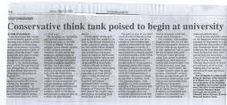
|
|
|
bicameralism |
Legislative body made up of two law making bodies (senate and House Of Representatives) |

|
|
|
judicial review |
the supreme court allows court to determine whether something was done legally or illegally, or check the "constitutionality" |
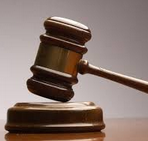
|
|
|
impeachment |
to process of legally removing the president from office |

|
|
|
quorum |
a selected number of required members to conduct business |

|
|
|
revenue |
money collected generally though taxes or levies spent on america's needs |

|
|
|
veto |
remains to reject, overturn, vote against an idea proposed by law making body |

|
|
|
elastic clause |
congress can stretch laws over a period of time to meet different demands |

|
|
|
natural born citizen |
means you were legally born in the U.S, therefore you are a legal citizen |

|
|
|
electoral college |
process in which presidential candidates are chosen as president of the United States |
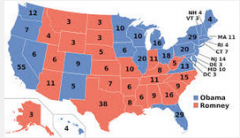
|
|
|
Supreme Court |
highest court in U.S.A, mainly deal with cases surrounding the Constitution. |

|
|
|
suffrage |
right for vote though democratic process |
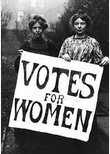
|
|
|
due process of law |
right to constitutional rights guaranteed in the Bill of Rights, trial by jury, fair and speedy trial |
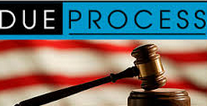
|
|
|
bail |
amount of money required to remove someone from prison for a given time |

|
|
|
Constitution |
law of land, a blueprint to how our government operates |
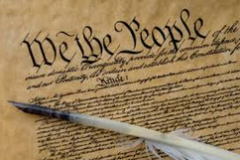
|
|
|
naturalization |
remains to reject, overturn, vote against an idea proposed by law making body. |

|

